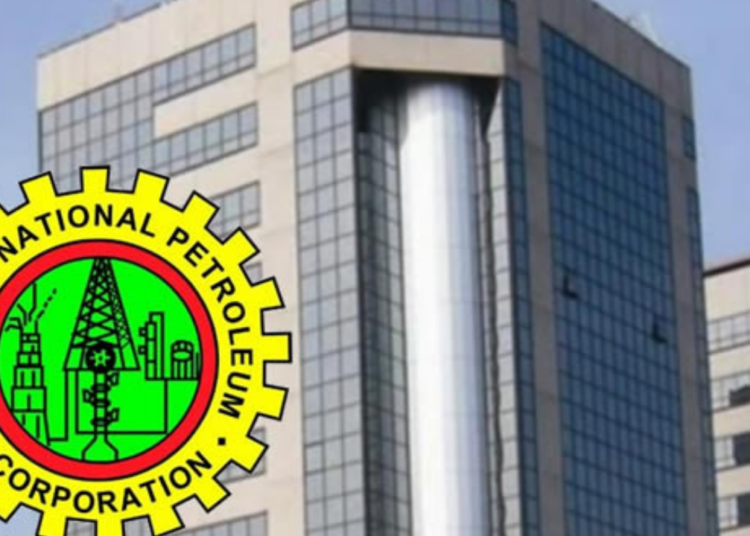Saudi Arabia’s Nigerian National Petroleum Company’s (NNPCL), contemporary, Aramco, generated $$161.1bn (£134bn) revenues for 2022.
The feat, according to Saudi oil giant, Aramco was supported by soaring energy prices and bigger volumes which represents a 46.5 per cent rise for the state-owned company, compared with last year.
It is the latest energy firm to report record profits, after energy prices spiked following Russia’s full-scale invasion of Ukraine in February 2022.
America’s ExxonMobil made $55.7bn, and Britain’s Shell reported $39.9billion.
Aramco also declared a dividend of $19.5bn for the October to December quarter of 2022, to be paid in the first quarter of this year.
Most of that will go to the Saudi government, which owns nearly 95 per cent of the shares in the company.
Brent crude oil, the benchmark oil price, now trades at around $82 a barrel – though prices exceeded $120 a barrel last March, after Russia’s invasion, and June.
“Aramco rode the wave of high energy prices in 2022,” said Robert Mogielnicki of the Arab Gulf States Institute in Washington. “It would have been difficult for Aramco not to perform strongly in 2022.”
In a statement on Sunday, Aramco said, the company results were “underpinned by stronger crude oil prices, higher volumes sold and improved margins for refined products.”
Aramco’s president and CEO, Amin Nasser said: “Given that we anticipate oil and gas will remain essential for the foreseeable future, the risks of underinvestment in our industry are real – including contributing to higher energy prices.”
To address those challenges, he said, the company would not only focus on expanding oil, gas and chemicals production – but also invest in new lower-carbon technologies.
Aramco – the world’s second-most valuable company only behind America’s Apple – is a major emitter of greenhouse gas emissions that contribute to climate change.
Responding to Aramco’s announcement, Amnesty International’s secretary general, Agnes Callamard said: “It is shocking for a company to make a profit of more than $161bn in a single year through the sale of fossil fuel – the single largest driver of the climate crisis.”
She added that: “it is all the more shocking because this surplus was amassed during a global cost-of-living crisis and aided by the increase in energy prices resulting from Russia’s war of aggression against Ukraine.”
Saudi Arabia is the largest producer in the oil cartel OPEC (Organization of the Petroleum Exporting Countries).
The Gulf kingdom has been condemned for a range of human rights abuses: its involvement in the conflict in neighbouring Yemen, the murder in 2018 of journalist Jamal Khashoggi, for jailing dissidents, and for the widespread use of capital punishment.
In a separate development on Sunday, Iran said, its oil exports had reached their highest level since the re-imposition of US sanctions in 2018.
Oil Minister, Javad Owji said, exports increased by 83 million barrels in 2022 compared with the previous 12 months. In Iran, a new year starts in March.
Analysts said, the rise is due to greater shipments to Iranian allies China and Venezuela.
Tehran’s export revenues took a significant hit after then-US President Donald Trump pulled out of a landmark nuclear deal five years ago.
The US sanctions, coupled with economic mismanagement and corruption, have meant that the Iranian economy has not had any substantive growth in the past decade and by some measures, it is still 4-8 per cent smaller than it was back in 2010.
We’ve got the edge. Get real-time reports, breaking scoops, and exclusive angles delivered straight to your phone. Don’t settle for stale news. Join LEADERSHIP NEWS on WhatsApp for 24/7 updates →
Join Our WhatsApp Channel










